Take Your Cat to the Vet Day
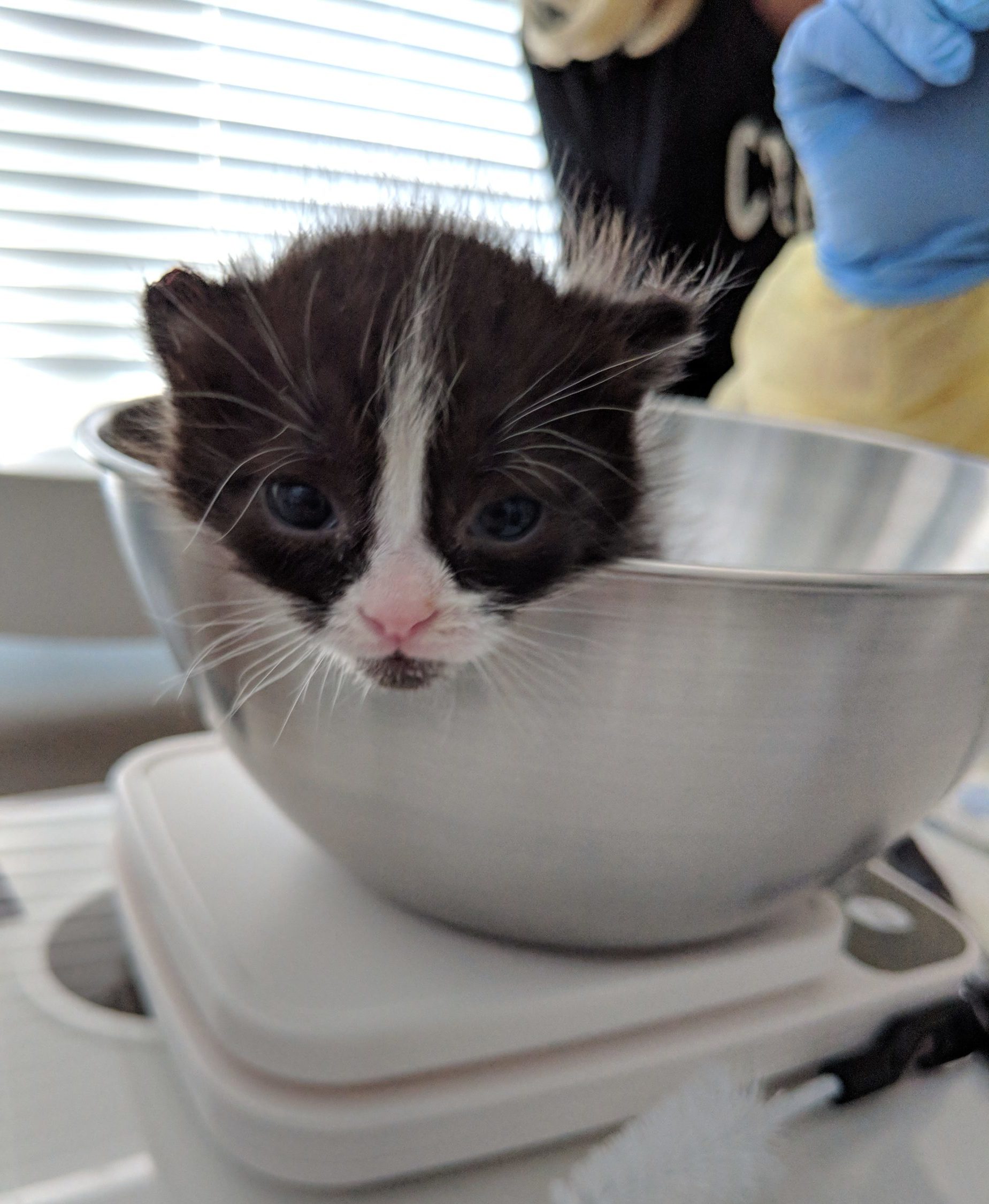
(Vet Scoop’s Natalie Marks, DVM, CVJ contributed to and reviewed this blog post)
Take Your Cat to the Vet Day is August 22nd. This annual event highlights how important it is to bring our beloved felines in for regular checkups and testing. We know that vet visits can be stressful for your cat, so CatCon is partnering with Vet Scoop to provide you with a guide for making your cat’s vet visit easier, for both of you. Vet Scoop is a team of veterinarians who believe that all pets deserve quality health care, and that quality care begins with reliable information. Vet Scoop provides free, science-based real talk pet advice that you can trust.
Besides monitoring vital signs and receiving routine vaccinations, regular vet visits can also reveal health issues while they’re still easily treated. Still, we know many pet parents don’t visit the vet as often as they should. We recently surveyed the CatCon community about their attitudes towards vet care and 27% said they keep their vet visits to a minimum because the vet’s office stresses their cat.
Prepping for the Vet
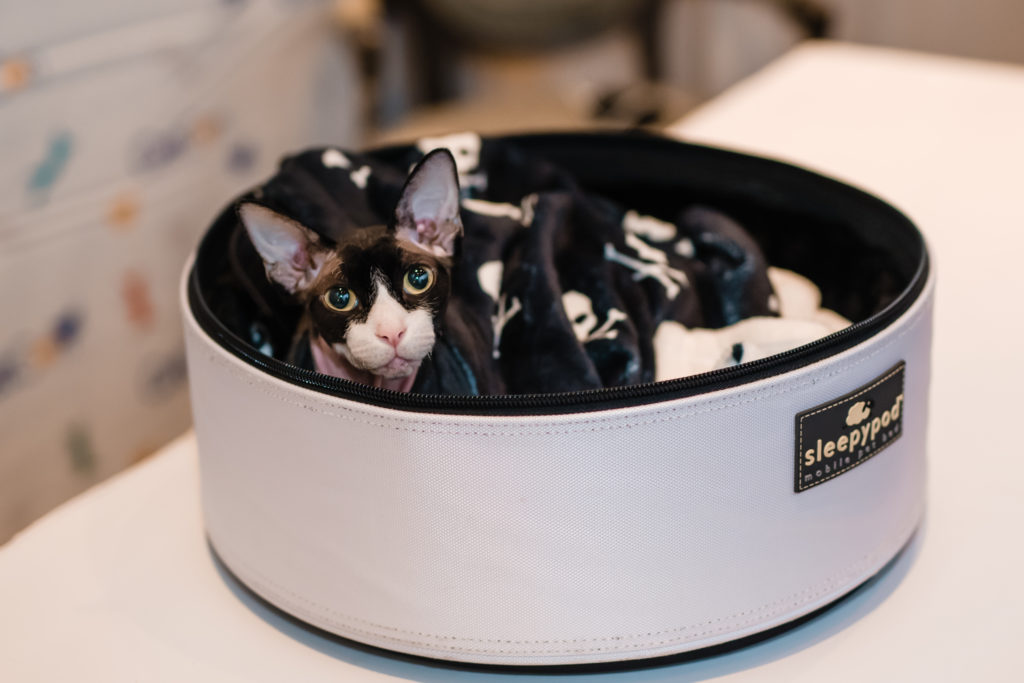
Image courtesy CatCon
There are some things that you can do at home to help reduce your cat’s stress before you take them to the vet. The safest way to transport your cat is in a carrier, but if you only bring out the carrier when it’s time to go to the vet, your cat will have a negative association with it.
- Your cat’s carrier ideally should feel like a safe space for them. We like to say that it should be “part of your furniture” and be out and visible every day! There are a lot of really attractive designs out there that will fit right in with your cat-loving home decor.
- At bare minimum, put out the carrier a few days before your vet visit, and let your cat get used to it.
- To make your cat more comfortable, try putting treats inside the carrier, a fleece blanket and even a pheromone spray like Feliway. See if they adapt the carrier as a place to cuddle up.
- When moving the carrier to the car, place the carrier on the floor behind the passenger seat to reduce the possibility of motion sickness.
To further calm their cat, 23% of the pet parents we surveyed said they played soothing music in the car on the way to the vet. There are even bluetooth speakers that come pre-loaded with music just for your kitty!
Once You’re at the Vet
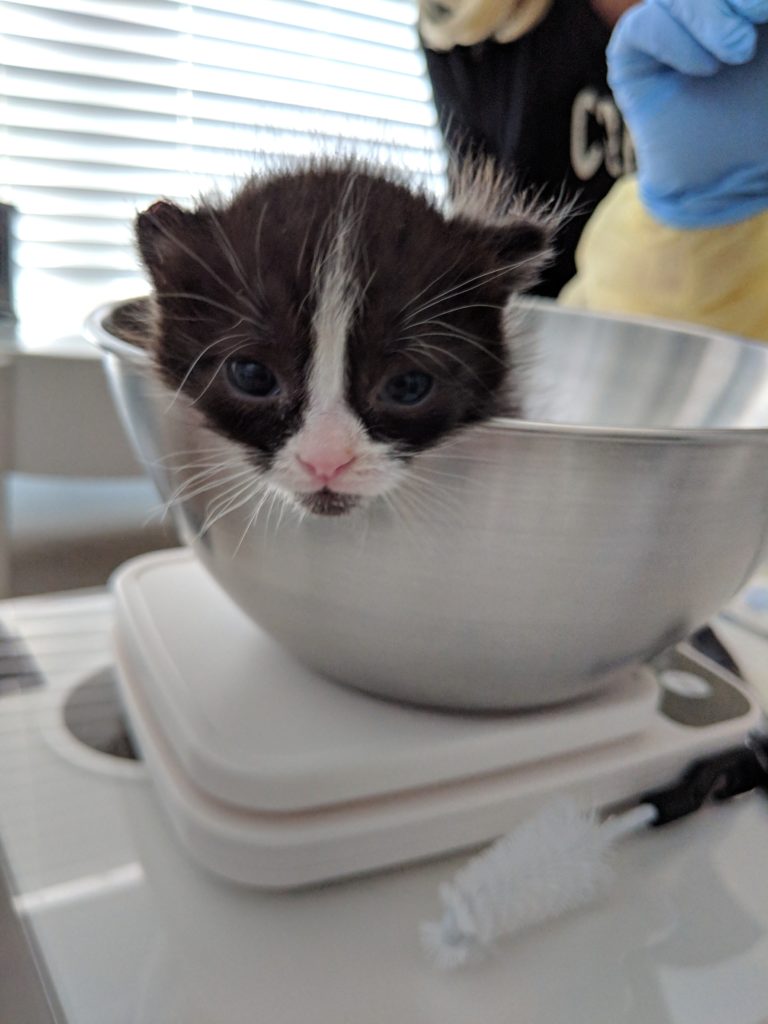
Image courtesy CatCon
Your cat’s annual physical exam includes taking her vital signs and blood pressure and the following tests:
- CBC: This is a Complete Blood Count and it looks at the amount and health of your cat’s red blood cells, white blood cells and platelets (clotting cells). We are looking for infection, inflammation, anemia or difficulty clotting.
- Renal tech: This blood test is 95% accurate in predicting if your cat will develop kidney disease within the next two years.
- SDMA: This blood test screens for very early changes in kidney health. While there are a few different outside reasons for this blood value to elevate, it almost always indicates we need to more specifically investigate kidney function.
- Full chem with electrolytes: This blood test is a general screen of most of the abdominal organs and blood sugar. It looks for signs of stress in these major organs. This could indicate kidney disease, liver disease, diabetes, gallbladder disease and other common sources of illness.
- Full urinalysis: This full inspection of your cat’s urine looks for the ability to concentrate, loss of protein, sugar, inflammatory cells and infection.
It’s important to keep current on your cat’s vaccinations as well. Starting as young as 6 weeks, core feline vaccinations include Rabies, Feline Distempter, Feline Herpesvirus, and Calcivirus. Ask your vet about the need for Feline Leukemia Virus vaccines.
If you have concerns, it’s a good idea to write down a list of questions for your veterinarian before your visit.
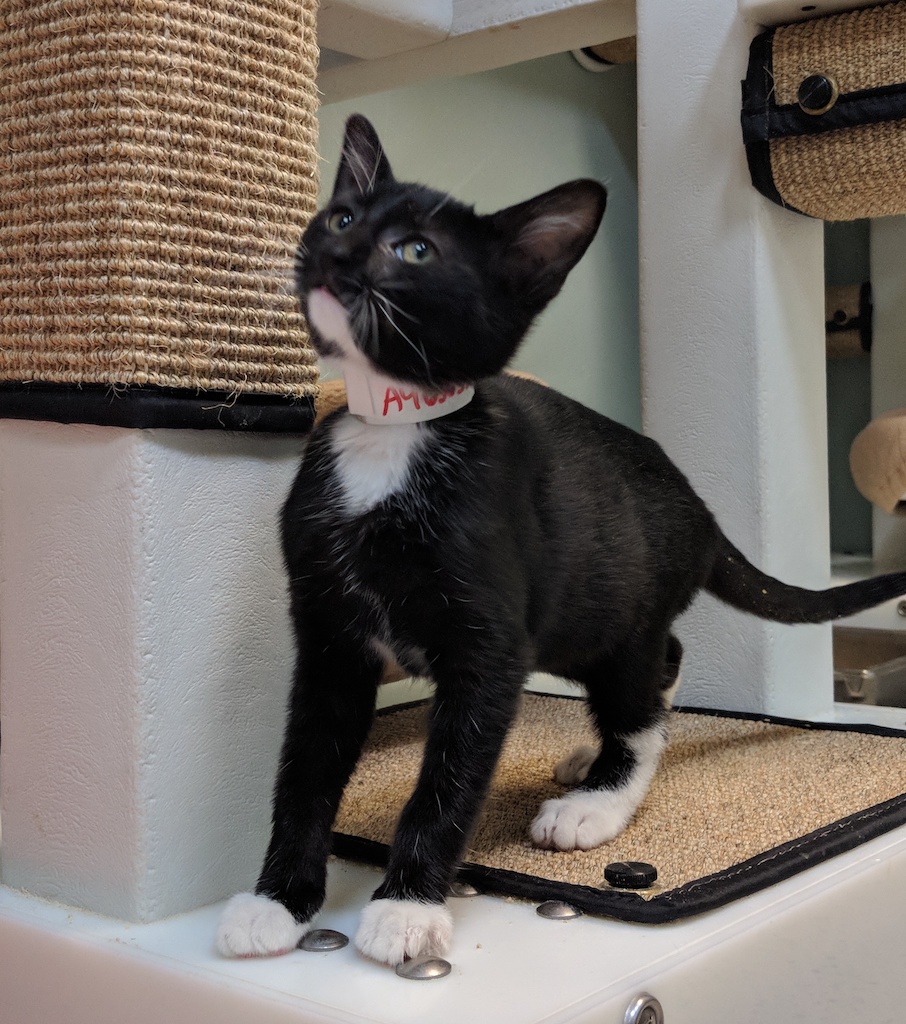
If you have a new kitten, here are some questions to ask:
What is the best diet for my kitten?
What can I do to enrich my home so my kitten isn’t bored?
What do I need to help them scratch appropriate places?
What’s the best litter box set-up for my kitten?
How do I prevent hairballs?
How do I get my cat used to a cat carrier?
How do I make my home safe (kitten proof)?
What vaccines does my cat need?
Tell me more about wellness plans and pet health insurance!
If you have a senior cat (over 11 years old), common questions include:
What are signs my cat isn’t feeling good?
What are signs my cat is in pain?
What is the best diet for my senior cat?
How often should my cat see his or her veterinarian?
Is my senior cat a healthy weight?
Finally, don’t wait until your cat is sick to visit the vet, make a plan to have yearly checkups!
Financial Concerns
One of the stressors around vet visits is the expense. Our survey respondents who have more than two cats said the expense is what keeps them from visiting the vet more frequently.
If the expense is what is keeping you from taking your cat to the vet regularly, pet health insurance is a great way to protect your cat’s health and wellbeing. Many insurers offer a discount on multi-pet insurance to keep your costs down. You can also talk to your vet about payment plan options, or look into healthcare financing options like Care Credit.
After Your Visit
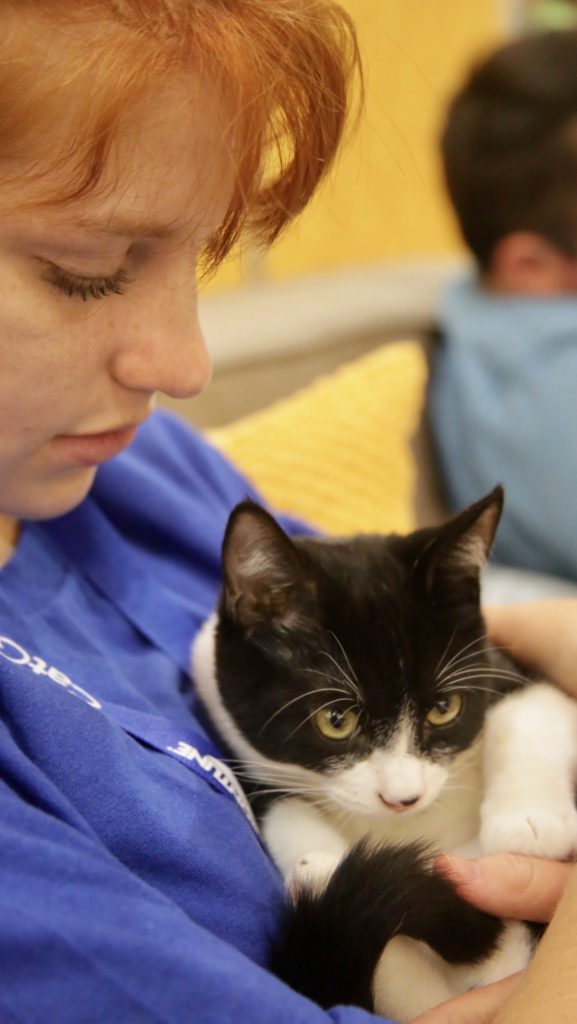
If your vet has run routine tests, you should receive results fairly quickly. Your veterinarian will contact you to discuss the results and next steps if there are additional recommendations to keep your cat healthy and happy for as long as possible.
Cats are stoic creatures, and often hide it if they’re in pain. Some concerns to watch for between visits include lethargy, peeing outside the litter box, trouble jumping, changes in appetite, changes in grooming behavior, or chronic vomiting/diarrhea. Always check with your vet if your cat displays these behaviors or if they seem a bit “off”.
Thanks to our partners at Vet Scoop for helping us get the word out about Take Your Cat to the Vet Day. Don’t miss @catconworldwide ‘s special Instagram Live with veterinarian Dr. Natalie Marks of @thevetscoop on August 22nd at 1 pm PDT!
